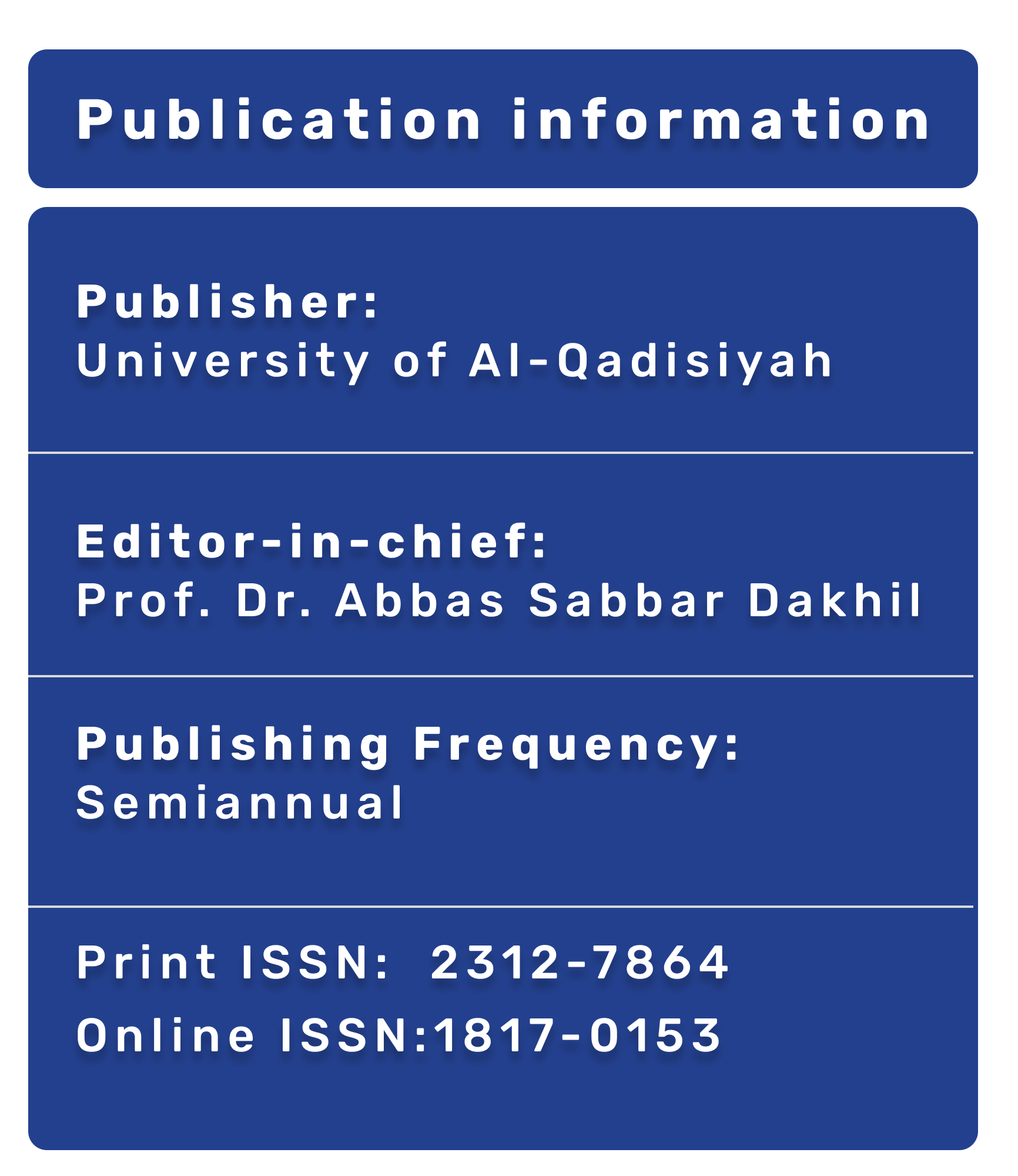Study of Neural Tube Defects at Al-Diwaniyah Province / Iraq
DOI:
https://doi.org/10.28922/qmj.2018.14.26.83-93Keywords:
Neural tube defect, risk factor, IraqAbstract
Background: The Neural tube defects NTDs refers to defect ocurr at birth resulting from defect in closure of the neural tube during early intra uterine life after conception; these anomalies are usually divided into cephalic and spinal forms. They include three main type , anencephaly, spina bifida and encephalocele , These NTDs are considered important causes of morbidity and mortality in infancy, childhood, and even young adulthood .
Objective: The aim of study is to study the type and incidence of the neural tube defect and it is it is risk factors and other associated variable.
Methods : This descriptive prospective study was carried on 120000 lived newborns from December 201 3 to December 2015 in al diwaniya teaching hospital , neurosurgical department and pediatrics hospital in al diwaniya province in south west Iraq ,the questionnaire include all the information's case were defined as women residing in the al diwaniya government , delivered live or still born with neural Tube defect . important feature related to the neonates and their parents like gender ,date of birth , type of neural tube defect ,father and mother age ,consanguineous marriage, drug take during pregnancy ,maternal diseases ,previous history of neural tube defect .
RESULTS : During a period of three years 2013-2015, there were (120,768 total ) birth ; the number of total births registered during the 3 years was 41761 in 2013, 39353 in 2014, and 39652 in 2015 . Among this sample population,112 women had fetus or newborn with NTD ( 1.078 per 1000birth ), An encephaly {3 (2.7%)} , spina bifida {103(92%)}, Encephalocele{6(5.3%)} Meningocele {20(17.9%)},Meningomyelocele {76 (67.9%)}, myeloschiasis {7 (6.2%)}, The age of 112 women that her babies affected NTDs , 30(26.8%) had 16-25 years , 55 (49.1%) had 26-35 years while 27 (24.1%) had above 35 years .
Conclusion: This study showed that folate deficiency are very important in reducing the NTDs occurrences consanguineous marriage is not important risk factor for NTDs.








